

Fashion Design BA(Hons)
Turn heads and change minds as you steer the industry toward a more sustainable future.
Course overview
With a pressing need to reduce its environmental impact, the fashion industry is calling for designers who place sustainability and circularity at the forefront. This is your chance to help shape fashion’s future. You’ll explore the environmental, ethical and moral contexts of fashion design as you tackle real- world challenges, learning how to embed responsible practice throughout the process of garment concept and creation – from pattern cutting and construction to curating fashionable, functional and highly original collections that don’t cost the earth.
You will:
- Learn design skills needed to make positive change at the forefront of the creative industries
- Explore the environmental, ethical and moral challenges of our time in relation to the fashion design sector
- Have access to resources ranging from specialist industrial sewing and knit machines and ultrasonic welding equipment to screen printing and a natural dye garden
- Discover the sustainable ways of working in both traditional and digital pattern cutting – including CLO3D
- Collaborate with likeminded students, expert staff and industry specialists to unlock new ideas, opportunities and networks
- Tackle live briefs from leading brands with a focus on global sustainability
- Investigate brands and business models to develop professional practice skills
- Have the opportunity to explore all realms of fashion design, including streetwear, sportswear and functional clothing concepts
- Graduate as a confident, innovative and responsible fashion designer, with a career-launching portfolio, look book and final collection
Course details
On this Fashion Design degree, you'll have the opportunity to gain a BA(Hons) degree over three years or the option to study Fashion Design BA(Hons) with Integrated Foundation Year and/or a professional placement.
Throughout this Fashion Design degree, you’ll learn to create original and inspiring fashion proposals underpinned by a specialist knowledge of sustainable fashion practices. While developing an understanding of your responsibility as a fashion designer, you’ll gain advanced skills in research, analysis, translation, drawing, pattern cutting and construction. Working with professional facilities, you’ll also be encouraged to take risks as you experiment with new and emerging technologies and processes.
Through design and practical projects, you’ll build an awareness of the fashion industry’s social and environmental impact and seek innovative and sustainable solutions. Through tutorials and workshops, you’ll develop core skills in research, design development, drawing, pattern cutting and construction – utilising professionally equipped studios to create original works.
Modules
Cut and Construct
This module will help you to grow core garment production techniques. In-depth analysis of specific techniques and processes will inform your knowledge of the pattern/construction process and their application in the fashion industry.
Redesign
In the Redesign module, you’ll create original garments using circular design methods – deconstructing garments to inform design ideas that you’ll translate, pattern cut and make into three-dimensional garments.
Belonging
In this module, you'll be encouraged to build an unbiased and progressive understanding of the ethical language of fashion. Harnessing your emerging research and design skills in the context of clothing design, you’ll engage with themes of inclusivity and diversity in the context of global histories and subcultures.
Histories
You’ll learn to critically evaluate and position your design practice in the context of cultural, theoretical and historical concepts. Integrated with the delivery of your studio module, you’ll produce your first written piece of work.
Colour and shape
The aim of this module is to develop your professional identity and technical skills through investigation, play and creative risk-taking. Working with companies’ deadstock fabrics and garments, you’ll experiment with silhouette and proportion, considering colour, materials and environment, while recording your design processes.
The second year focuses on industry knowledge, responding to global challenges and exploring how digital and traditional fashion practices can invoke positive change. By investigating brands and sustainable business models, you’ll continue to build on your creative design skills and start to align with sustainable practices.
Modules
Industry Practice
You'll develop a collection in response to a live or simulated brief. Throughout the project, you’ll explore concepts of ethics and sustainability as well as brand building, market and customer theories.
Core Skills: Digital
You’ll learn to experiment with new ideas using the latest CAD technology – avoiding the fabric waste produced through traditional physical sampling.
This module runs in conjunction with Industry Practice.
Core Skills: Stretch
Also running alongside Industry Practice, in this module, you’ll diversify your growing garment production knowledge by learning construction skills for activewear and knitwear.
Collaboration
Working as part of a team, you'll work on 'Challenge Briefs' that reflect the sort of assignments you could expect to be working on in industry. Developing your 'soft skills', like communication, problem-solving, critical thinking and leadership, you'll sharpen your ability to work well as part of a group to produce outstanding work.
Innovation
Innovation is all about harnessing creative risk-taking, sustainable approaches and conceptual thinking to develop original and meaningful design outputs.
Throughout the module, you’ll continue to fine-tune your skills in evidencing design processes, technical development and garment production, drawing and digital communication.
Theories
In this module, you’ll produce your second written piece of work to further enhance your skills in criticality and positioning your practice in the context of cultural, theoretical and historical concepts.
You’ll also develop ideas for your final year dissertation.
You can choose to take an optional professional placement after your second year on a three-year programme, or after your third year if you’re studying for a degree with an Integrated Foundation Year.
You’ll be responsible for finding your own placement, with support from the Employability team.
Choosing this option will enhance your industry experience and skills while studying.
How you’ll study during your professional placement
You’ll spend time working in a professional context, as part of a business or organisation. This can be in one role, or up to three, and must be for a minimum of 24 weeks.
You’ll develop in-demand workplace skills, deepen your insight into industry and grow your network of contacts, all of which could help you get ahead in your career after graduation.
Throughout this year, you’ll develop a portfolio of work that includes critical self-reflection on what has been learned from the experience. You’ll be required to evidence your experiences, the skills you’ve learned and your professional growth.
In the final year of your Fashion Design degree, you'll develop a graduate collection by intensively researching, developing and exploring 2D and 3D concepts. Your collection will be underpinned by a consideration of the UN Sustainable Development Goals and supported by a dissertation.
With sights set firmly on launching your career, you’ll also produce a professional portfolio and lookbook and have the opportunity to participate in live competition briefs set by professional fashion organisations, such as the British Fashion Council and the Graduate Fashion Foundation.
Modules
Pre-Collection
In this module, you’ll reflect on your interests, strengths and weaknesses to help focus the direction for your graduate collection and form ideas for your final portfolio.
Investigations
In this module, you will complete a dissertation on an agreed subject relating to your individual interests and practice. You will reflect on personal research strengths and practice and engage in considered debate and detailed discussion of the chosen topic.
Collection
Reflecting on your pre-collection, dissertation, and sustainability goals, you’ll research and develop your graduate collection. This body of work will accurately represent your professional identity as a fashion practitioner and will align with your career aspirations.
Professional Strategies
This module will support you in developing a range of self-promotional materials relevant to your individual ambitions following graduation. Industry guests and careers/employability specialists will share advice and guidance regarding interviews, placements, contacting potential employers, and postgraduate study.
Why study an Integrated Foundation Year route?
If you’re taking on a new subject that you haven’t studied in depth before, have been out of education for a while or have a non-standard educational background then an Integrated Foundation Year degree may be the right choice for you. It is a four-year degree with an Integrated Foundation Year to start, which allows you to explore the primary elements of your subject before progressing on to the remaining three years of the BA(Hons) degree.
What you'll learn
If you choose this pathway, you'll study five core modules in your Foundation year. These are all designed to help you explore the foundational elements of your subject. You'll gain relevant technical skills, learn to experiment and take risks, develop an understanding of professional practice, have opportunities to work across disciplines and collaborate with other students on live project briefs.
Modules
Explore
You'll begin your foundation year by working collaboratively with others to explore themes of the future. You'll take risks, experiment through play and be supported to break through barriers.
Technique
You'll take subject-specific workshops and develop essential technical and practical skills in your area of study. You'll also enhance your analytical and organisational abilities.
Apply
You'll work with your peer group to think beyond discipline by addressing a societal or global issue. You'll then showcase your work to your peers and deliver and accompanying evaluation of your process.
Industry
You'll enhance your creative and practical skills in your subject specialism by responding to typical industry briefs, underpinned by focused research and experiments. You'll also gain industry insights through guest lectures and workshops.
Launch
You'll develop your unique identity in your specialism through the production of a self-initiated body of work. Your final project will be the bridge to your next year, fully supported by evaluative reviews and critical analysis of the work you have created.
After the Foundation year, you progress into Year One of the full three-year degree, equipped with a deeper knowledge of your subject, a clear understanding of your strengths, and develop a practical and technical skillset and the confidence to excel in your chosen subject.
If you apply for and enrol onto a degree with an Integrated Foundation Year, you’ll have the option to switch onto a five-year version including a placement year. That means you’ll complete the first three years of your course before completing a placement in industry in your fourth year and returning to Falmouth for the fifth year of your programme.
As part of our process of continuous improvement, we routinely review course content to ensure that all our students benefit from a high-quality and rewarding academic experience. As such, there may be some changes made to your course which are not immediately reflected in the content displayed on our website. Any students affected will be informed of any changes made directly.
From module information to course aims and assessment criteria, discover the full course details:
This course could be for you if...
- You're interest in contemporary fashion
- You've got a passion for ethical and sustainable design
- You enjoy researching styles and communicating what you admire about them
- You've got creative ideas and like thinking critically about things
- You have a flare for drawing and illustrating to showcase your ideas
- You've got problem-solving and analytical skills
Falmouth University BA(Hons) Fashion Design students showcase their work on the catwalk.
How you'll learn & be assessed
Regular learning comes through practice-based workshops, technical demonstrations, tutorials, both one-to-one and in groups, lectures and seminars. You’ll also learn through collaborative project work, guest lectures and live briefs with real brands.
At Falmouth, we use a 'digitally enhanced learning & teaching' approach. Your experience will always be predominantly in-person, including seminars, tutorials and studio teaching, with some, more targeted elements, being online either live (synchronous) or pre-recorded (asynchronous). You can read more here.
100% of your assessment will be coursework.
Assessment methods
-
Foundation year assessments are 100% coursework based
-
Studio-based projects, including portfolio and garments, and written assignments
-
Final year dissertation, collections & portfolio

Designs by Kate Avary

Designs by Amelia Pemberton

Designs by Lara Pomeroy
Facilities
- Digital design solutions like CLO3D, Gerber and Adobe
- Silicon taping equipment, and Ultrasonic construction machines
- Industrial flatbed machines
- Industrial overlockers
- Knitting machines
- Fitting stands
- Laser cutting equipment
- Digital and traditional printing equipment
- Publication/portfolio production facilities
- Online access to WGSN and LS:N Global
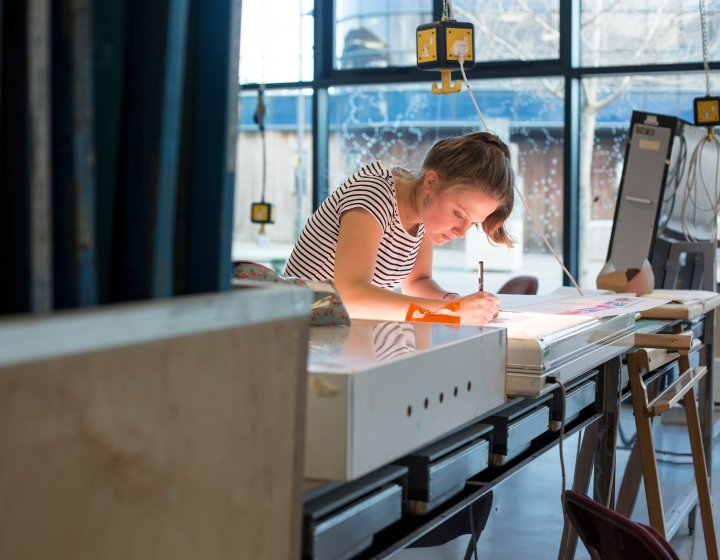
Fashion & Textiles Facilities
Centred around studio spaces that cater for solo and group working, our Fashion & Textiles Insti...
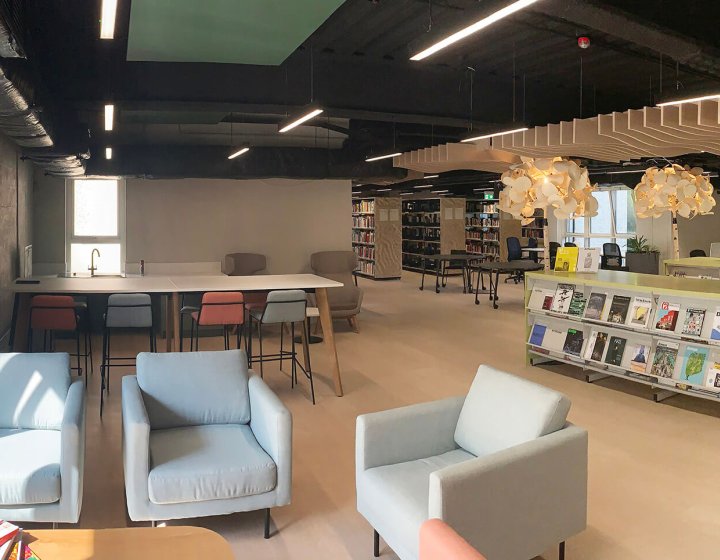
Library Facilities
Offering extensive collections, our two libraries provide a wealth of digital resources, magazines, ...

Sports Centre
Our Sports Centre, on Penryn Campus, includes a spacious gym with up to 90 of the latest, new statio...
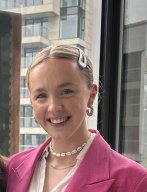
"The location, the university and the creative community is so vibrant and rich, with the added bonus of being so close to nature; it made complete sense for a creative arts student."
Georgia Featherstone, graduate
Stories from our community
Explore student projects, graduate successes, staff news and industry insights
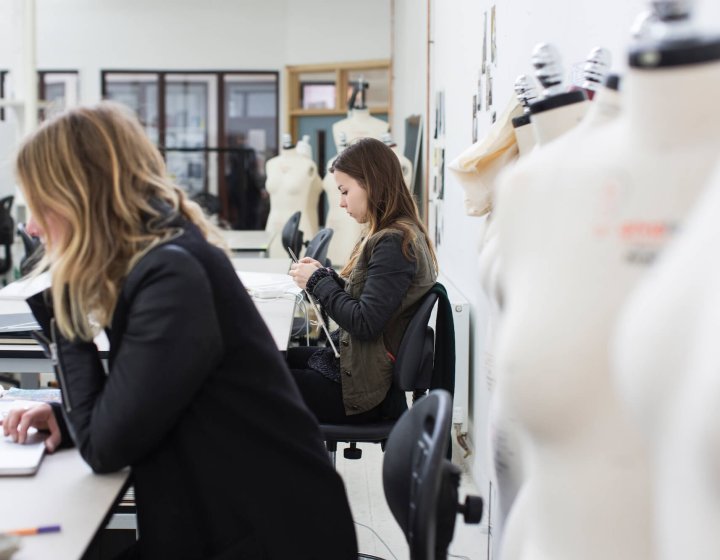
Why I Chose to Study Fashion Design at Falmouth University
08 May 2024
When I started looking into my choices after finishing school, I was overwhelmed by all my options. ...

Graduate Spotlight: 3D and Digital Product Design Manager Georgia Featherstone
13 November 2024
Since graduating from Fashion Design BA(Hons) in 2021, Georgia Featherstone has made an impressive r...
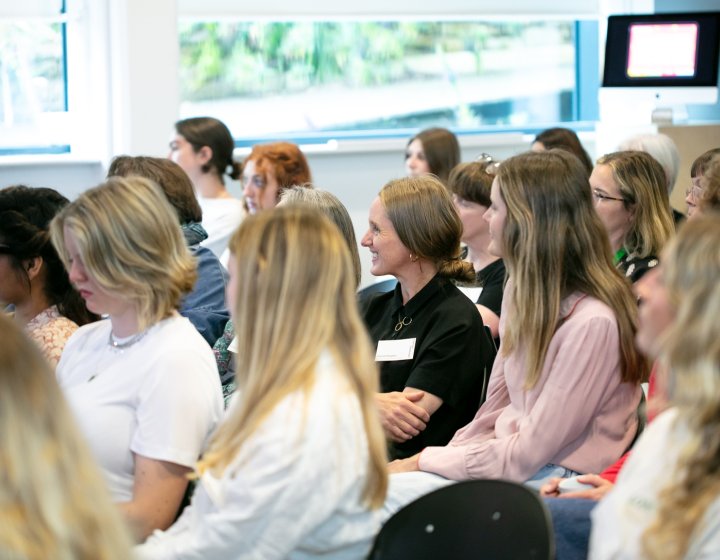
Credit: Matt Jessop
Fashion & Textiles Institute host inaugural Fashion Redesign Forum
26 September 2024
A team of senior lecturers, students and senior technicians from Falmouth’s Fashion & Textiles Ins...
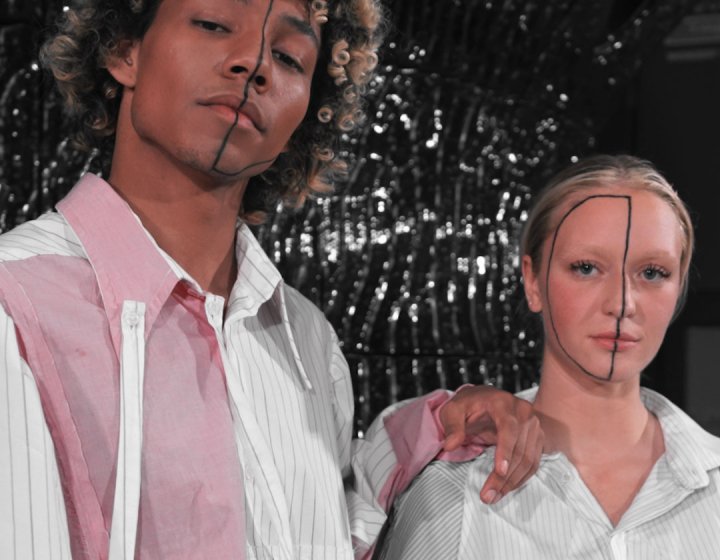
Students deliver fashion show in collaboration with WRAP for Anthropy 2023
03 November 2023
Fashion students have collaborated with WRAP to produce a sustainability focused fashion show for An...
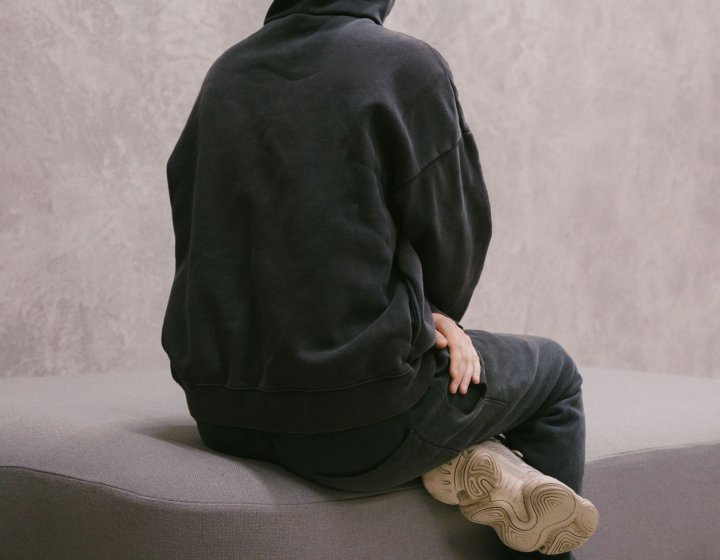
Fashion graduate announced as Vanguard Education Fund winner
29 September 2022
Fashion Design graduate Finlay Vincent has been awarded funding through NET-A-PORTER's Vanguard Educ...
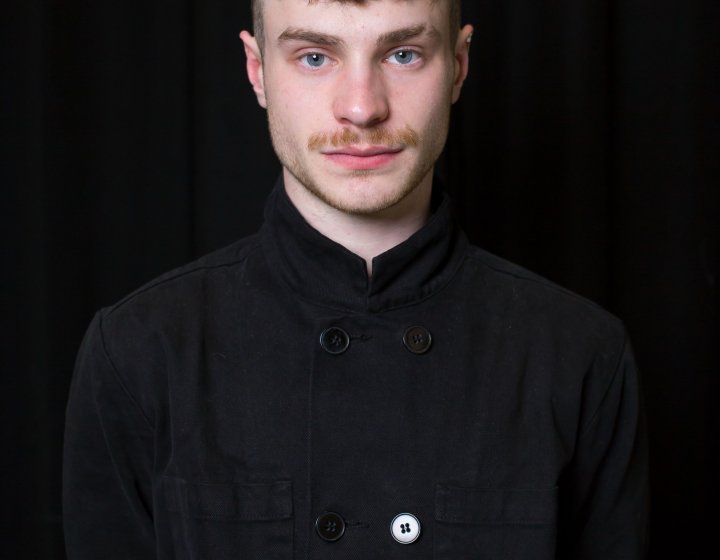
Fashion Design student finds a creative home in Falmouth
30 May 2022
A year into his studies, and BA(Hons) Fashion Design student Tommy Marley was struggling to realise ...

£6000 up for grabs as students enter the Dragons' Den
04 April 2022
RealWORKS' second annual Dragons’ Den event took place in March, and saw students compete for a sh...
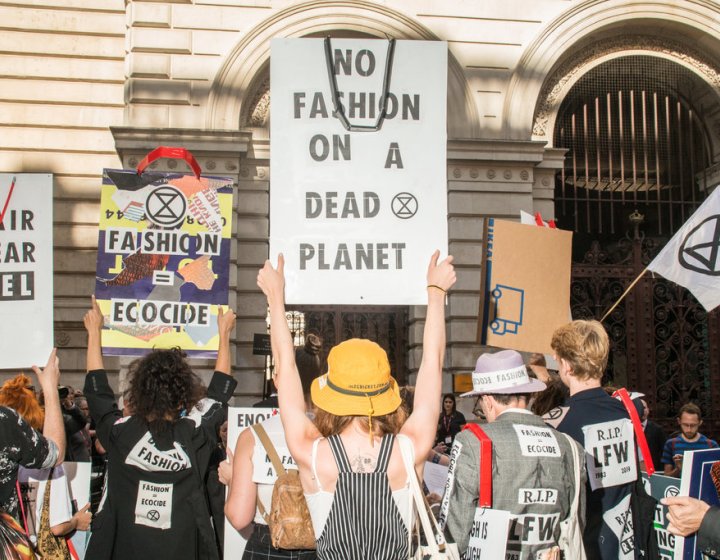
Falmouth joins the Fashion Declares movement
04 February 2022
Falmouth’s Fashion & Textiles Institute has joined forces with key leaders across the fashion ...

Fashion & Textiles Institute hosts ‘Black cultural conversations’ guest lecture series
12 October 2021
The Fashion & Textiles Institute is hosting a specialist guest lecture series for its students. ...

Students stun judges at Graduate Fashion Week
21 June 2021
BA(Hons) Fashion Photography student Layna Miyazaki has won the Fashion Communication Digital Portfo...

Collaboration Explores the Future of Retail
02 July 2019
Fashion Marketing and Interior Design students have joined forces to tackle the 'future of retail' i...

Fashion Graduate Selected to Open International Conference
03 June 2019
Michelle Facey, 2018 graduate from BA(Hons) Fashion Design, was recently selected to showcase her wo...

Fashion Graduate Selected to Open International Conference
03 June 2019
Michelle Facey, 2018 graduate from BA(Hons) Fashion Design, was recently selected to showcase her wo...

Menswear Design with George May
11 December 2018
George May, who graduated from Sportswear Design in 2012, is a menswear designer at Belsta...
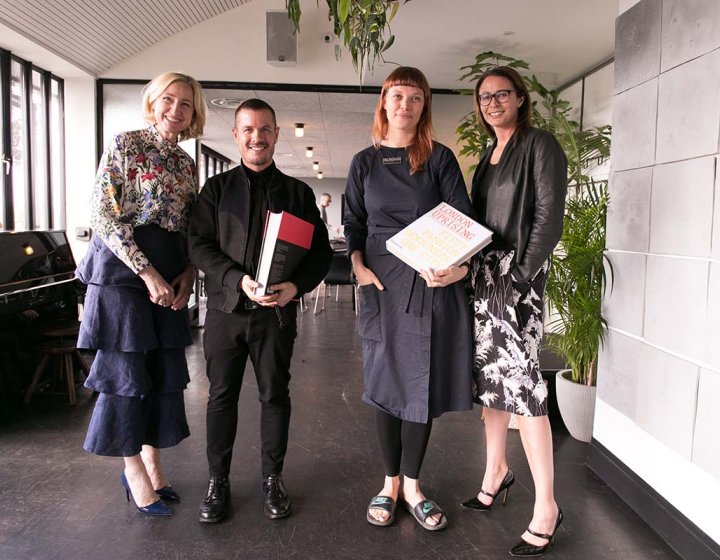
Outstanding Award for Fashion Design
13 June 2018
The Fashion Design course has won the accolade of Outstanding Portfolio at the British Fashion Counc...
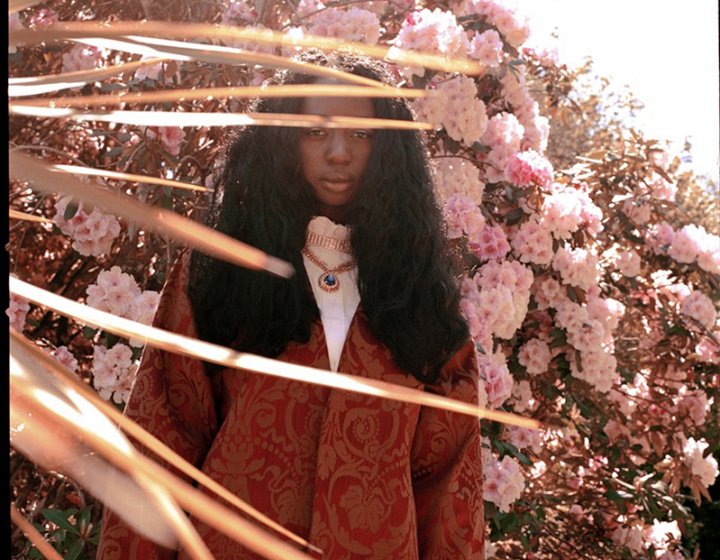
Fashion Duo Featured in Vogue
23 May 2018
Fashion students Fadzai Kadzatsa and Angela Farrell have been featured in Vogue Italia's online...

Designs by Charlotte Sharples
Staff
Our staff are passionate about creating a more sustainable fashion industry and aim to foster a mindset of sustainable and creative professional approaches to fashion design. The tutors and support staff provide detailed knowledge in areas like construction, pattern cutting, sportswear, knitwear, fabric knowledge, ethics, sustainability, and running independent labels.
Some members of staff only teach on specific modules, and your course might not feature every staff member who teaches on the course.
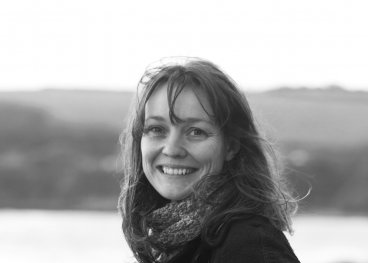
Claire Barker-Phillips
Course Leader, Fashion Design BA(Hons)
Claire studied Textiles at Buckinghamshire before undertaking a Masters degree at the Royal College ...

Geertje Dreijerink
Senior Lecturer, Fashion Design
I graduated from ArtEZ Institute of the Arts’ BA(Hons) Fashion Design in Arnhem, the Netherlands. ...

Sarah Braddock-Clarke
Senior Lecturer
Sarah E.Braddock Clarke studied Textile Design at Winchester School of Art, University of Southampto...

Kathryn Broad
Lecturer
An artist and educator who traverses the applied and fine art genres driven by a fascination with an...

Camilla Dixon
Senior Lecturer in Fashion Design
After graduating from Central St Martins with a first class hons degree in Fashion Design in 1993, I...

Dr Julie Ripley
Course Leader, BA(Hons) Costume Design for Film & TV
Dr Julie Ripley is a senior lecturer and course leader for BA(Hons) Costume Design for Film & TV...
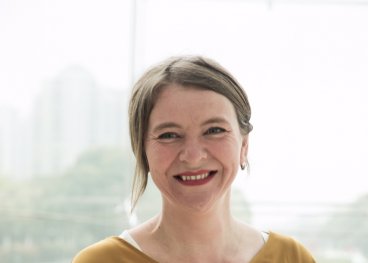
Dr Kate Strasdin
Senior Lecturer
I joined Falmouth in 2009 as an Associate Lecturer, teaching across the fashion and textile undergra...
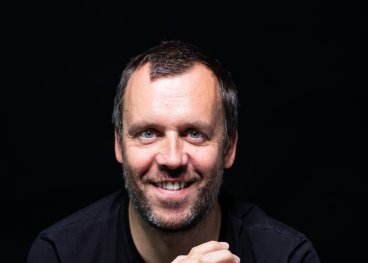
John Boddy
Head of Fashion Design
John studied fashion design, specialising in womenswear, at Central Saint Martins College of Art and...
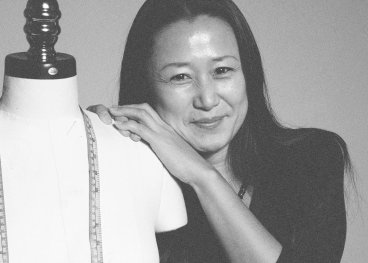
Chihoko Jones
Lecturer
I went to Bunka Technical College in Tokyo for my degree in Fashion Studies. I joined fashion design...

Freya Moses
Senior Technician, Printed Textiles
I work as a senior technician within the Fashion & Textiles Institute. I specialise in printed t...
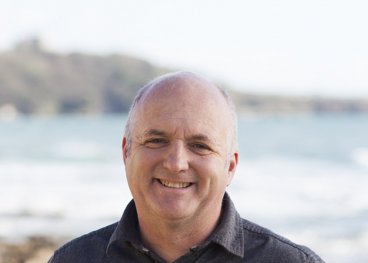
Peter Doubleday
Senior Technician, The Fashion & Textiles Institute
I am an artist with a broad portfolio of skills gained from my own art practice and time s...

Got a question about this course?
If you want to know more about the course structure, our application requirements or what our graduates have gone on to achieve, our friendly course team is here to help.
Chat to John
Careers
Our Fashion Design graduates have worked as:
- Product Developer at Palmer//Harding
- Pattern Cutter at COS
- Design Assistant at Liam Hodges
- Senior Designer at Adidas Outdoor
- Tailoring Assistant at The Tailoring Academy
What can you do with a fashion degree?
There are opportunities to pursue costume design for film and television or fashion media. Alternatively, graduates may wish to move into styling, advertising or editing.
How to apply
Ready to apply for 2025?
You can apply for our undergraduate degrees via UCAS. You'll need our university UCAS code (F33) as well as your course code (which you'll find on your course page) for your application.
| Course route | UCAS code |
|---|---|
| Fashion Design BA(Hons) three year degree | W232 |
| Fashion Design BA(Hons) with Integrated Foundation Year | FY13 |
| Fashion Design BA(Hons) with professional placement | PY22 |

Application advice & interview information
Go to ToolkitFor starting your studies in 2025
UK applications: 29 January 2025 (for equal consideration)
Applications after the 29 January will be considered on a first-come, first-served as long as there are places available. Apply for this course now.
International fee payers
International fee payers can apply throughout the year. But we recommend applying as early as possible, to make time for visa and travel arrangements.
We consider all applications on their own individual merit and potential. We invite all applicants to an interview day or audition to give them the opportunity to demonstrate this along with what inspires and motivates them in their field. Applicants will also be able to show their portfolio or give a performance depending on the course. We welcome applications from all subject backgrounds, whether you’ve specialised in STEM, the arts or humanities.
Course routes & entry requirements
BA/BSc(Hons) three year degree: 104 – 120 UCAS Tariff points
BA/BSc(Hons) four year degree with professional placement: 104 – 120 UCAS Tariff points
BA/BSc(Hons) four year degree with Integrated Foundation Year: 80 – 120 UCAS Tariff points
Check the title of your course to see if it's a BA or BSc award. UCAS Tariff points will primarily be from Level 3 qualifications such as but not limited to A-levels, T Levels, a BTEC/UAL Extended Diploma or a Foundation Diploma.
For applicants whose first language is English we require you to have or be working towards GCSE English Language Grade 4 (C), or equivalent.
If English is not your first language you will need to meet the same standard which is equivalent to the IELTS Academic 6.0 overall score, with at least 5.5 in Reading, Writing, Speaking and Listening. We accept a range of in country equivalencies and approved tests.
If you need a student visa to study in the UK, you may need to take a recognised language test. You can read our English Language Requirements for more information.
Fees, costs & funding
Tuition fees
| Annual tuition fee | Student |
|---|---|
| £9,535 per year | Full-time UK |
| £17,950 per year | Full-time EU/international |
| £1,905 per professional placement year | Full-time UK and EU/international |
| £9,535 per Integrated Foundation Year | Full-time UK |
| £17,950 per Integrated Foundation Year | Full-time EU/international |
| Annual tuition fee | Student |
|---|---|
| £9,250 per year | Full-time UK |
| £17,950 per year | Full-time EU/international |
| £1,850 per professional placement year | Full-time UK and EU/international |
| £9,250 per Integrated Foundation Year | Full-time UK |
| £17,950 per Integrated Foundation Year | Full-time EU/international |
Tuition fees for September 2026 will be confirmed in summer 2025.
Tuition fees are set annually and are subject to review each year. The University may therefore raise tuition fees in the second or subsequent years of a course, in line with inflation and/or the maximum permitted by law or Government policy. Students will be notified of any changes as soon as possible.
The figures above don't include accommodation and living costs
Typical course costs
- Approx £200 - Recurring annual costs
- £150 - Recommended reading
- £100-£400 - One-off costs for the course duration (compulsory trips, final portfolios or shows, etc)
- £450-£600 - Optional study visits
If you need to bring equipment or materials with you, these will be outlined in your Welcome Letter.
Additional typical course costs for Integrated Foundation Year pathway
- £250 for materials
- A laptop/desktop computer
- Adobe Creative Suite
To engage in the digital learning activity, although you will be able to access IT suites on campus, you will benefit from a laptop to access the platforms and tools we use. Depending on your subject, you may need a specific type of computer. If you're unsure about what you might need, please contact our course advisors.
Funding
For information about funding available, please visit our student funding pages.
Ask a student
What better way to find out about life at Falmouth University than by asking our current students?
From course details and academic support, to the social scene and settling in, our students are ready and available to answer any questions you might have. Simply set up your account, send them a question and they'll get back to you within 24 hours.
Similar courses
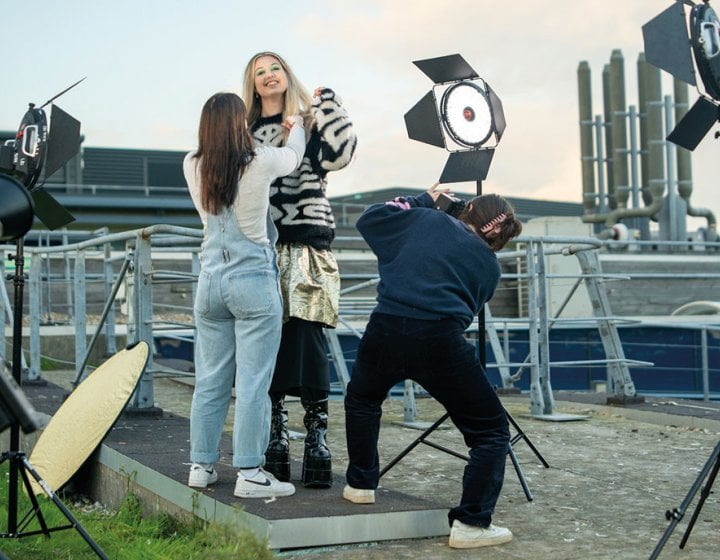
Fashion Styling & Art Direction BA(Hons)
Influence the shape of fashion as you take on the world of fashion styling. On this future-focused c...
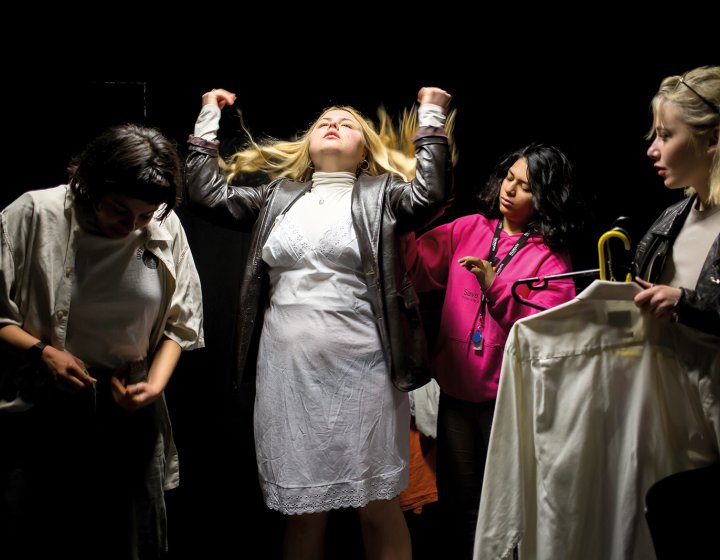
Costume Design for Film & Television BA(Hons)
On this dynamic course, you’ll cultivate the practical, creative and theoretical skills needed to ...
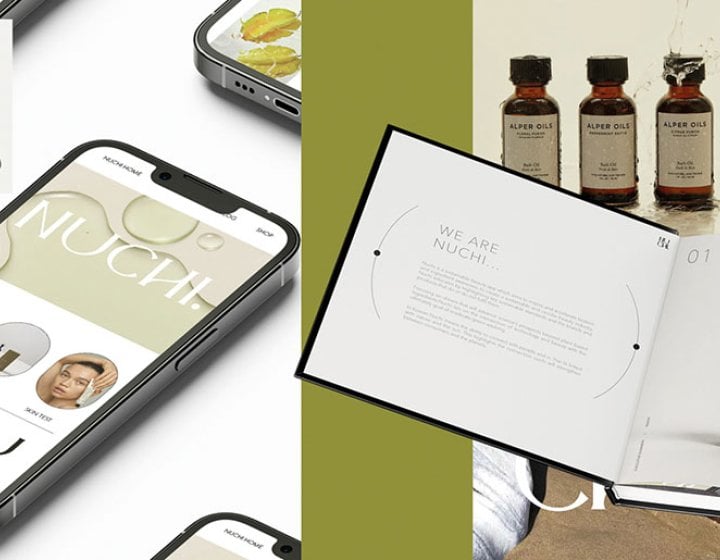
Fashion Marketing BA(Hons)
Blend your flair for communication and eye for fashion into a successful career as a fashion markete...

Work by Alice Marple Horvat
Fashion Photography BA(Hons)
Develop your unique artistic voice and springboard into the industry as an innovative fashion photog...
Open Days and events
From visiting campus to online application advice, get all the information you need about joining our creative community.
Find an event














